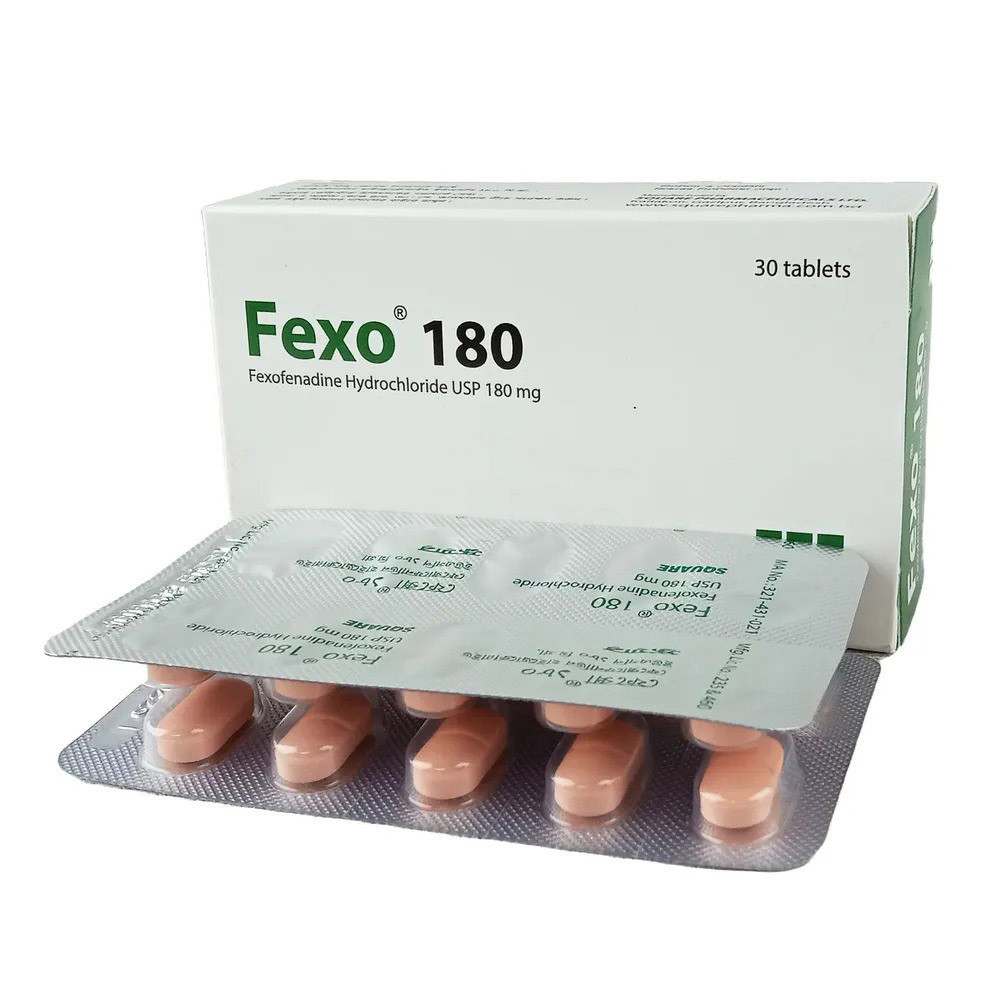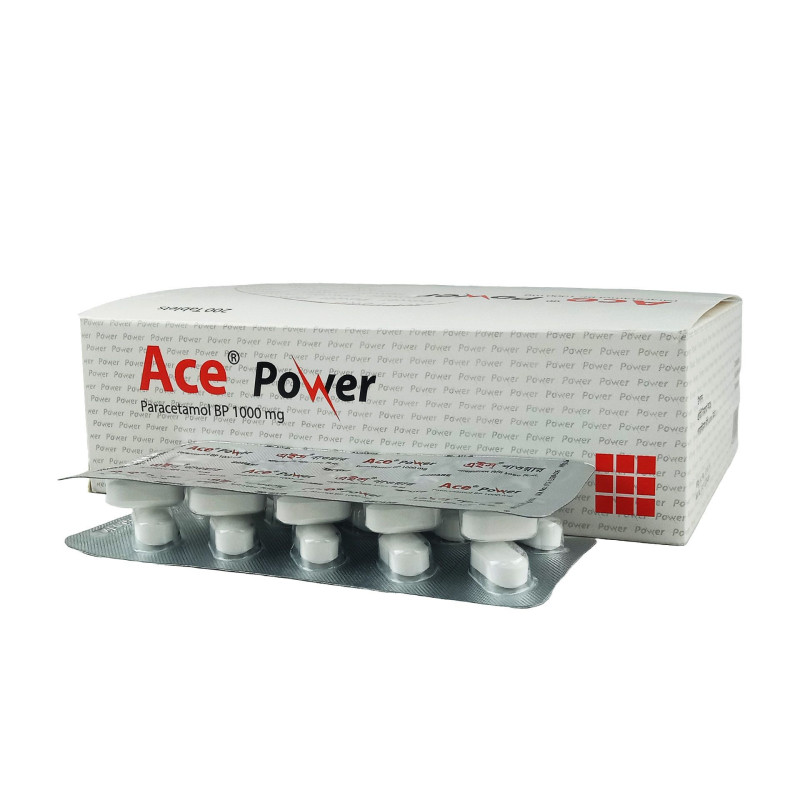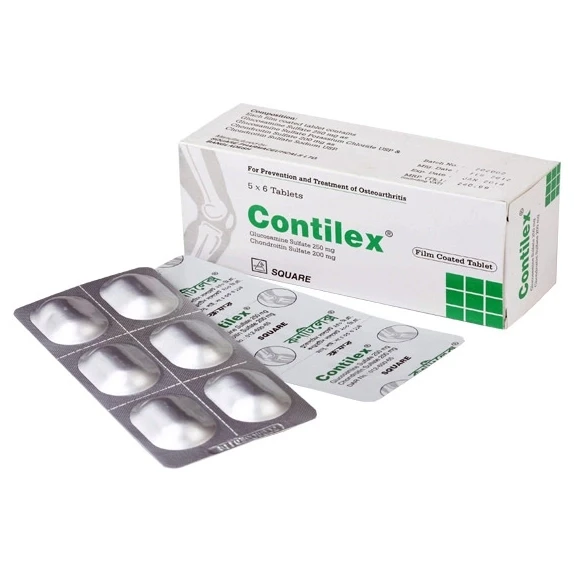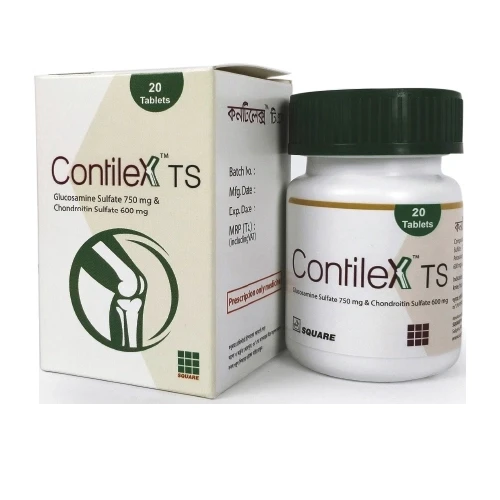

Gigabac IM/IV Injection, Colistimethate Sodium 1 MIU (34 mg)
Inhouse product
-
৳11.40
৳12.00 -
৳42.75
৳45.00 -
৳16.63
৳17.50 -
৳2.14
৳2.25
Reviews & Ratings
Indications
Gigabac is indicated
for the treatment of acute or chronic infections caused by sensitive strains of
certain gram-negative bacilli. It is particularly indicated in the infection
caused by sensitive strains of Pseudomonas aeruginosa. Gigabac is not indicated
for infections due to Proteus or Neisseria. Gigabac is very effective in the
treatment of infections due to the following gram-negative organisms:
Enterobacter aerogenes, Escherichia coli, Klebsiella pneumoniae and Pseudomonas
aeruginosa.
* রেজিস্টার্ড চিকিৎসকের পরামর্শ মোতাবেক ঔষধ সেবন করুন'
Composition
Each vial contains
Colistimethate Sodium 1 MIU or 34 mg Colistin.
Each vial contains Colistimethate Sodium 2 MIU or 68 mg Colistin.
Each vial contains Colistimethate Sodium 3 MIU or 102 mg Colistin.
Each vial contains Colistimethate Sodium 4.5 MIU or 150 mg Colistin.
Description
Gigabac is a surface
active agent which penetrates into and disrupts the bacterial cell membrane. It
has been shown to have bactericidal activity against Aerobic gram-negative
microorganisms e.g. Enterobacter aerogenes, E. coli, Klebsiella pneumoniae and
Pseudomonas
Pharmacology
Colistimethate is a
surface active agent which penetrates into and disrupts the bacterial cell
membrane. Colistimethate is polycationic and has both hydrophobic and
lipophilic moieties. It interacts with the bacterial cytoplasmic membrane,
changing its permeability. This effect is bactericidal. There is also evidence
that polymyxins enter the cell and precipitate cytoplasmic components,
primarily ribosomes.
Dosage
Maintenance
dose: 9 MIU/day in 2-3
divided doses. In patients who are critically ill, a loading dose of 9 MIU
should be administered.
Renal impairment
patients: Dose adjustments in
renal impairment patients are necessary. Dose reductions are recommended for
patients with creatinine clearance < 50 ml/min. Twice daily dosing is
recommended.
- Creatinine clearance <50-30
ml/min: daily dose 5.5-7.5 MIU
- Creatinine clearance <30-10
ml/min: daily dose 4.5-5.5 MIU
- Creatinine clearance <10
ml/min: daily dose 3.5 MIU
Haemodialysis (HD)
patients:
- No-HD days: 2.25 MIU/day
(2.2-2.3 MIU/day).
- HD days: 3 MIU/day (Should be
given after the HD session) Twice daily dosing is recommended.
Pediatric
population: The dose should be
based on lean body weight.
- Children ≤40 kg: 75,000-150,000
IU/kg/day divided into 3 doses.
- Children >40 kg: >150,000
IU/kg/day has been reported in children with cystic fibrosis.
Hepatic impairment
patients: There are no data in
patients with hepatic impairment. Caution is advised when administering
colistimethate sodium in these patients.
* রেজিস্টার্ড চিকিৎসকের পরামর্শ মোতাবেক ঔষধ সেবন করুন'
Administration
Direct
Intermittent Administration-
Slowly inject one-half of the total daily dose over a period of 3 to 5 minutes
every 12 hours.
Continuous Infusion- Slowly inject one-half of the total daily
dose over 3 to 5 minutes. Add the remaining half of the total daily dose of
Colistimethate for injection to one of the following:
- 0.9% NaCl
- 5% dextrose in 0.9% NaCl
- 5% dextrose in water
- 5% dextrose in 0.45% NaCl
- 5% dextrose in 0.225% NaCl
- Lactated Ringer's solution
There are not
sufficient data to recommend usage of Colistimethate for injection with other
drugs or other than the above listed infusion solutions. Administer the second
half of the total daily dose by slow intravenous infusion, starting 1 to 2
hours after the initial dose, over the next 22 to 23 hours. In the presence of
impaired renal function, reduce the infusion rate depending on the degree of
renal impairment. The choice of intravenous solution and the volume to be
employed are dictated by the requirements of fluid and electrolyte management.
Any infusion solution containing Colistimethate sodium should be freshly
prepared and used for no longer than 24 hours.
Alternative method- As per specialized references for
intermittent infusion: Prescribed dose can be diluted in 50-100 ml 0.9% NaCl
and administer over 30-60 minutes in IV route.
* রেজিস্টার্ড চিকিৎসকের পরামর্শ মোতাবেক ঔষধ সেবন করুন'
Interaction
Gigabac should not be
given with certain antibiotics like- aminoglycosides and polymyxin due to
report of interfere with the nerve transmission at the neuromuscular junction.
It should not be given with muscle relaxants e.g., tubocurarine and other drugs
including ether, succinylcholine, gallamine, decamethonium and sodium citrate.
The concomitant use of Sodium Cephalothin and Gigabac should be avoided.
Contraindications
The use of
Colistimethate Sodium Parenteral is contraindicated for patients with a history
of sensitivity to the drug or any of its components.
Side Effects
The following adverse
reactions have been reported: gastrointestinal upset, tingling of extremities
and tongue, slurred speech, dizziness, vertigo and paresthesia, generalized
itching, urticaria and rash, fever, increased blood urea nitrogen (BUN),
elevated creatinine and decreased creatinine clearance, respiratory distress
and apnea, nephrotoxicity and decreased urine output.
Pregnancy & Lactation
There are no adequate
and well-controlled studies about the use of Colistimethate in pregnant women.
Since colistimethate is transferred across the placental barrier in humans, it
should be used during pregnancy only if the potential benefit justifies the
potential risk to the fetus. It is not known whether Colistimethate is excreted
in human breast milk. Therefore, caution should be exercised when administered
to nursing women.
Precautions & Warnings
Gigabac should be used
with caution in patient with impaired renal function. When actual renal
impairment is present, Gigabac may be used, but the greatest caution should be
exercised and the dosage should be reduced in proportion to the extent of the
impairment. Gigabac should be used with caution in neonates, infants and
children.
Overdose Effects
Overdosage with
Gigabac can cause neuromuscular blockade characterized by paresthesia,
lethargy, confusion, dizziness, ataxia, nystagmus, disorders of speech and
apnea. Respiratory muscle paralysis may lead to apnea, respiratory arrest and
death. Overdosage with the drug can also cause acute renal failure, manifested
as decreased urine output and increases in serum concentrations of B.U.N and
creatinine. As in any case of overdose, Gigabac therapy should be discontinued
and general supportive measures should be utilized.
Therapeutic Class
Other antibacterial preparation
Reconstitution
For IM injection: Reconstitute the contents of the vial with 2
ml water for injection only.
For bolus injection: Reconstitute the contents of the vial with 5
ml water for injection.
For infusion: The contents of the reconstituted vial may
be diluted, usually with 50 ml-100ml 0.9% sodium chloride.
Storage Conditions
Before reconstitution:
Store below 30°C. After reconstitution: Store at 2°C to 8°C (Do not freeze) and
use within 24 hours.
Frequently Bought Products
Product Queries (0)
Login Or Registerto submit your questions to seller
Other Questions
No none asked to seller yet
-
৳11.40
৳12.00 -
৳42.75
৳45.00 -
৳16.63
৳17.50 -
৳2.14
৳2.25







